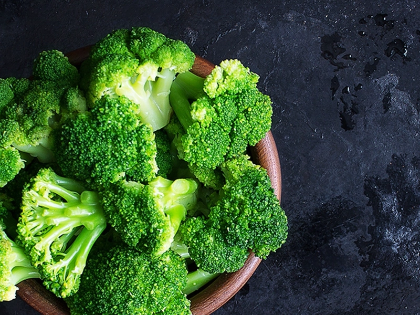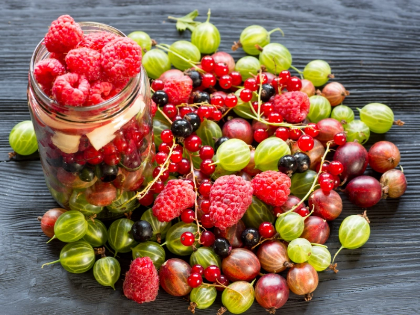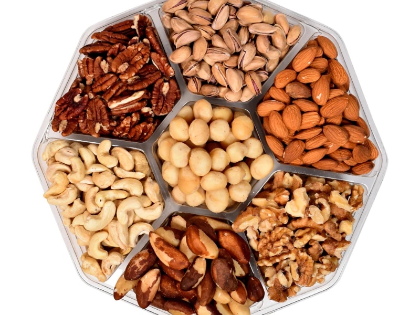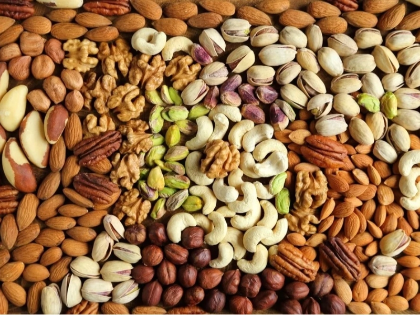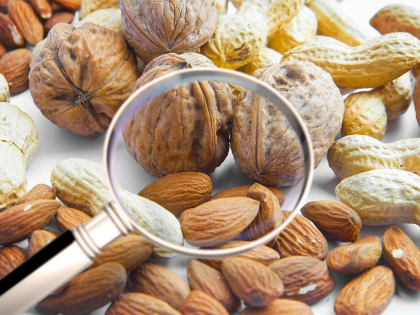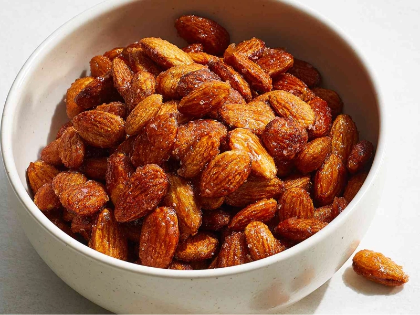The Berry Best Ways to Improve Your Cardiovascular Health
1.Knowledge of Cardiovascular Health General well-being depends on cardiovascular health since it affects the heart and the capacity of blood vessels to operate well. Bad cardiovascular health can cause major illnesses including hypertension, stroke, and heart disease. Diet, exercise, stress, and heredity all affect cardiovascular health. Including heart-healthy foods—especially berries—can greatly improve circulatory capacity and lower the risk of heart-related problems.
2.Berries' Nutritional P potency Nutrient-dense fruits bursting with vitamins, minerals, and antioxidants are berries—strawberries, blueberries, raspberries, blackberries. A heart-healthy diet would benefit much from their low calorie count and high fiber content. Berries' polyphenols and flavonoids, among other antioxidants, help fight oxidative stress and inflammation—two factors connected to cardiovascular illnesses. Including a range of berries in your diet can supply vital elements supporting heart health.

 5.Blood Pressure Management One big risk factor for cardiovascular disease is high blood pressure. Studies show eating berries could assist to reduce blood pressure. Berries' potassium concentration helps the body balance salt levels, therefore preserving normal blood pressure. Berries' antioxidants might also enhance blood vessel performance, thereby helping to control blood pressure. One great approach to promote normal blood pressure is to include berries into a balanced diet.
6.Cardiovascular Health and Weight Control Cardiovascular health depends on a good weight, hence berries can be a good component of a weight control plan. Low in calories and high in fiber, berries can help manage hunger and lower total calorie consumption by encouraging sensations of fullness. Berries can help with weight loss or maintenance goals by replacing high-calorie snacks, therefore lowering the risk of heart problems connected with obesity.
5.Blood Pressure Management One big risk factor for cardiovascular disease is high blood pressure. Studies show eating berries could assist to reduce blood pressure. Berries' potassium concentration helps the body balance salt levels, therefore preserving normal blood pressure. Berries' antioxidants might also enhance blood vessel performance, thereby helping to control blood pressure. One great approach to promote normal blood pressure is to include berries into a balanced diet.
6.Cardiovascular Health and Weight Control Cardiovascular health depends on a good weight, hence berries can be a good component of a weight control plan. Low in calories and high in fiber, berries can help manage hunger and lower total calorie consumption by encouraging sensations of fullness. Berries can help with weight loss or maintenance goals by replacing high-calorie snacks, therefore lowering the risk of heart problems connected with obesity.
 7.Including Berries Into Your Diet Berries are easy and flexible addition to your diet. One can consume them fresh, frozen, or dried and include them into several dishes. For a taste and nutrient explosion, think about including berries into salads, yogurt, oatmeal, or smoothies. Berries also make great toppings for whole-grain pancakes and waffles or desserts. There are several opportunities that let you savor their health advantages in many different ways.
8.Berries Complement Other Heart-Healthy Foods Think about combining berries with other heart-healthy foods for best cardiovascular effects. Berries combined with nuts, seeds, or whole grains will improve their nutritional value and offer a well-rounded dinner or snack. A berry and nut smoothie, for instance, can provide antioxidants, good fats, and protein, therefore offering a filling and nouraging choice. Investigating several combinations can enable you to develop delectable foods supporting heart health.
7.Including Berries Into Your Diet Berries are easy and flexible addition to your diet. One can consume them fresh, frozen, or dried and include them into several dishes. For a taste and nutrient explosion, think about including berries into salads, yogurt, oatmeal, or smoothies. Berries also make great toppings for whole-grain pancakes and waffles or desserts. There are several opportunities that let you savor their health advantages in many different ways.
8.Berries Complement Other Heart-Healthy Foods Think about combining berries with other heart-healthy foods for best cardiovascular effects. Berries combined with nuts, seeds, or whole grains will improve their nutritional value and offer a well-rounded dinner or snack. A berry and nut smoothie, for instance, can provide antioxidants, good fats, and protein, therefore offering a filling and nouraging choice. Investigating several combinations can enable you to develop delectable foods supporting heart health.
 9.Value of a Balanced Diet Although berries have many health advantages, they should be a component of a well-balanced diet comprising several fruits, vegetables, whole grains, lean proteins, and good fats. A varied diet guarantees that your body gets all the necessary nutrients to operate at best. Giving whole, minimally processed foods top priority along with restrictions on added sugars and harmful fats will improve cardiovascular health even more.
10.Synopsis of Berry Rewards Including berries in your diet might be a fun and efficient approach to boost cardiovascular condition. Their high antioxidant value, fiber, and blood pressure regulating capacity make them a great addition to a heart-healthy diet. While savoring great tastes, you may boost your heart health by including a range of berries and combining them with other nutritious meals. Including berries as a mainstay in your diet will help you live longer, healthier and lower your risk of cardiovascular illnesses.
9.Value of a Balanced Diet Although berries have many health advantages, they should be a component of a well-balanced diet comprising several fruits, vegetables, whole grains, lean proteins, and good fats. A varied diet guarantees that your body gets all the necessary nutrients to operate at best. Giving whole, minimally processed foods top priority along with restrictions on added sugars and harmful fats will improve cardiovascular health even more.
10.Synopsis of Berry Rewards Including berries in your diet might be a fun and efficient approach to boost cardiovascular condition. Their high antioxidant value, fiber, and blood pressure regulating capacity make them a great addition to a heart-healthy diet. While savoring great tastes, you may boost your heart health by including a range of berries and combining them with other nutritious meals. Including berries as a mainstay in your diet will help you live longer, healthier and lower your risk of cardiovascular illnesses.

